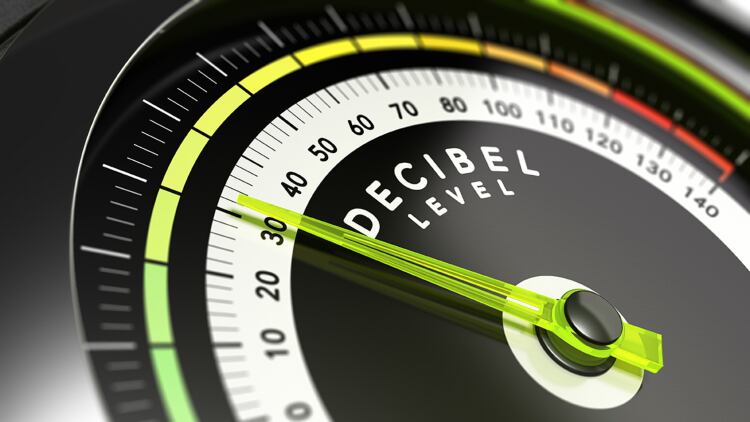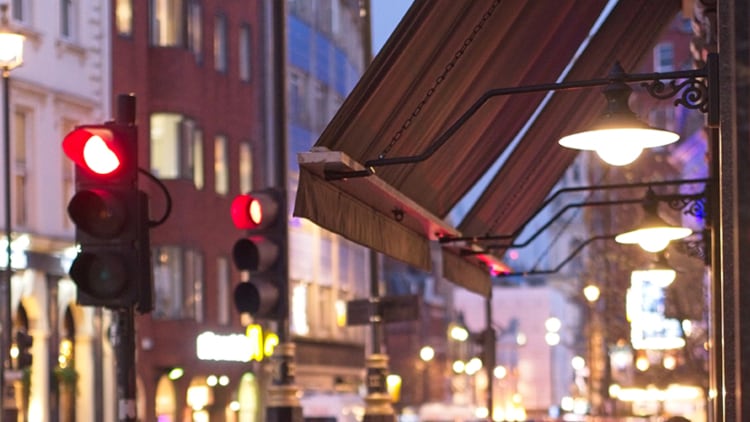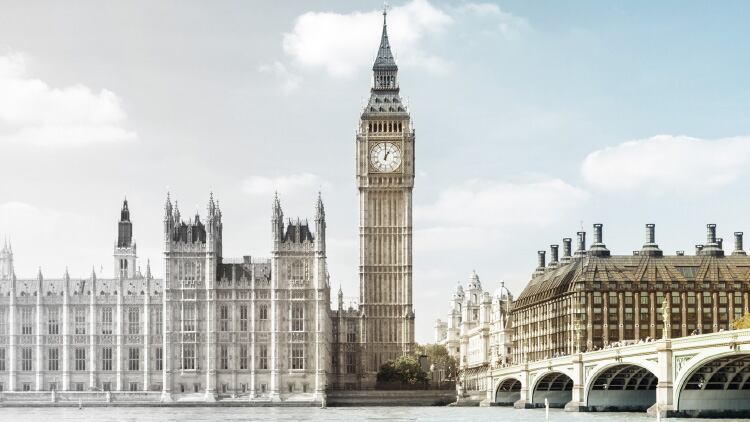Nicer weather brings with it the likelihood of more outdoor drinking and more doors and windows being opened. at, in turn, can lead to issues with noise, a particular problem if you are located in a residential area and host bands or DJs.
As regular readers of The Morning Advertiser will be aware, there are many different examples of entertainment that are no longer classed as licensable activities, since deregulation began in 2012. For example, live music or recorded music on licensed premises is no longer licensable between the hours of 8am and 11pm for audiences up to 500.
Unamplified music isn’t licensable for any size audience between the same hours. There are other types of entertainment, for example plays and performances of dance that are no longer licensable until 11pm for audiences of 500 or fewer.
If you have conditions on your licence that seek to regulate music, they are unlikely to apply during those hours, unless imposed at a licence review. Regulated entertainment is a complex area and, if in any doubt, seek legal advice.
But whether or not your entertainment is licensable, or is authorised on your licence anyway, you still have a duty not to cause a noise disturbance. Measures to consider include:
- Fitting self-closing devices on all doors
- Air conditioning or window locks
- A noise lobby (in other words, two sets of doors rather than one). You will need to consider any planning issues you might have with this option
- Installing a noise limiter, if necessary set and ‘locked down’ at a level agreed with your local environmental health officer
- If you have noise complaints, I suggest you regularly monitor the situation by undertaking your own noise checks. Make sure you record these in a log to show to your licensing officer and environmental health officer that you have undertaken what due diligence you can
- An obvious one – making sure your entertainment stops when it is supposed to because neighbours watch their clocks
- Altering the position or direction of speakers, or using multiple smaller speakers rather than single larger ones
- Most importantly of all, carry out your own risk assessment.
Live and recorded music are a huge and enjoyable part of many pubs’ offerings, but they bring their own issues, particularly in the summer months. Understanding their effect on your neighbours and managing their expectations is critical to avoiding complaints, or worse, formal enforcement action.
For any legal enquiries please visit Poppleston Allen's website.




